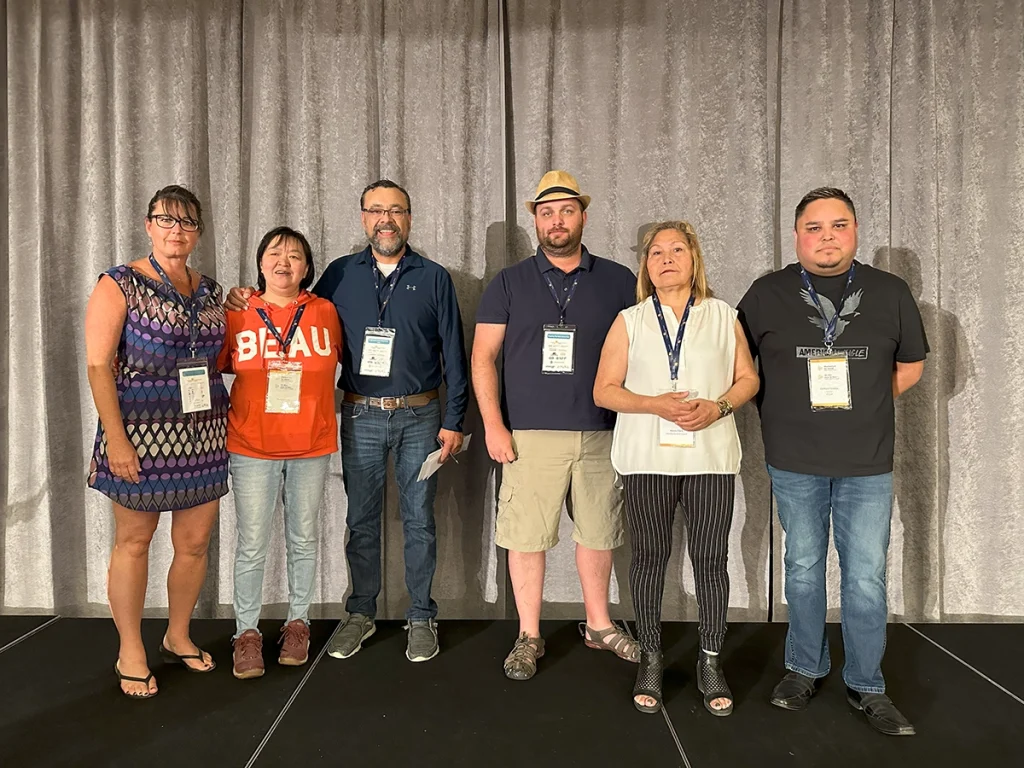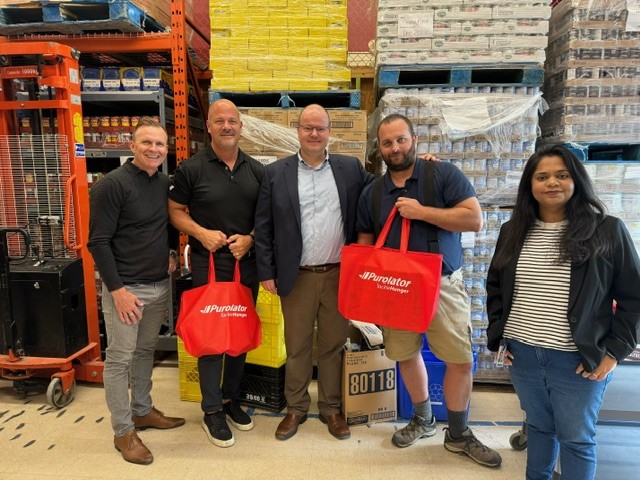Residents of Canada’s North have long faced the burden of high food costs. Before the pandemic, the price disparity for essentials like food, transportation and fuel was already significant in these remote areas. Inflation and the cost-of-living crisis have only intensified these challenges.
The logistics of delivering food across the vast northern regions add another layer of complexity and cost. Unlike urban settings, where food is transported directly from distribution centres to grocery stores, northern communities require lengthy journeys for their supplies. This process involves multiple modes of transport, various stopovers and the constant threat of delays due to unpredictable weather. Add in icy conditions, lack of infrastructure and the sheer cost of transportation, and the result is a shipping process that can span days, weeks or even months, with the risk of interruptions at any stage.
For people living in other places, it can be difficult to comprehend the journey that food takes to remote communities in Canada. To help demonstrate this, Food Banks Canada teamed up with Esri Canada to create an ArcGIS Story Map that showcases the journey of food to remote northern communities, helping to paint a picture of the challenges residents of remote communities face daily.
Food Banks Canada is committed to being a valuable partner in addressing the hunger crisis in the North, where food insecurity has long been proportionately worse than elsewhere in the country.

This complex and critical issue requires the right partners to come together with a specific set of solutions rooted in truth and reconciliation while supporting access, advocacy and collaboration.
Our journey towards sustainable food security in the North led to the formation of the Northern Advisory Committee. This assembly of community leaders, elders and organizations offers invaluable opportunities to hear firsthand about the challenges and experiences of communities throughout the North and to work collectively on solutions.
To help improve community food-security initiatives, quality of life and access to healthy food, Food Banks Canada participated in a historic alliance working towards finding solutions for food insecurity in isolated northern communities. Its membership includes six First Nation organizations: Island Lake Tribal Council, Sioux Lookout Area Aboriginal Management Board (SLAAMB), Southeast Tribal Council, Manitoba Keewatinowik Okimakanak, Mattawa (KKETS) and Mushkegowak Tribal Council.
Northern Capacity Funds
The increased costs that remote northern communities face remain a barrier to food security. At Food Banks Canada, we know that financial support is critical to allow food banks in the North to support sustainable capacity investments. Made possible partly by generous donations from Gary and Donna Slaight and the Slaight Family Foundation, $2.8 million in grants were provided in Fiscal Year 2024 to northern communities.
Looking ahead, the 2024 Northern Capacity Fund supports sustainable capacity investments in northern communities. This fund supports food banks and other food security organizations in implementing the infrastructure needed to improve and expand their existing food banking services into underserved northern communities. The ultimate goal is to build sustainable food security initiatives that will provide ongoing support, food industry partnerships and systems for those in need.
The right partnerships are key to strengthening food security

at a northern food bank
Collaborating with the right partners is essential for expanding community food security and addressing the challenges of food inaccessibility in the remote northern regions.
Purolator, a long-standing partner of Food Banks Canada, recently extended its partnership with a pilot program to provide transportation and logistics support through its Purolator Tackle Hunger® program. Through this partnership, Purolator has utilized its extensive network to support Food Banks Canada by transporting food to food banks in remote communities in northern Canada.
The first shipment, consisting of four skids and 4,300 pounds of food, arrived at Purolator’s Whitehorse terminal in July 2024 before being delivered to the Food Bank Society of the Yukon and The Salvation Army Food Bank in Yellowknife.
An extensive network, coupled with Purolator’s industry-leading freight and logistics solutions, has allowed for increased support to communities in northern Canada, ensuring food donations can reach as many people as possible, no matter how remote they may be. Because geography shouldn’t dictate food security.